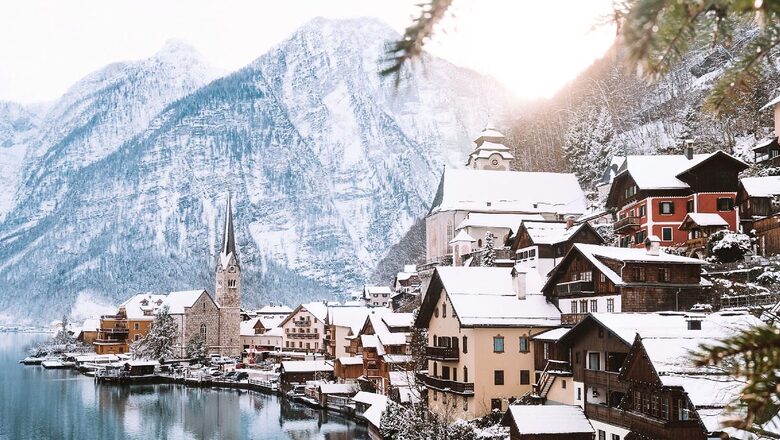
views
Planning a trip to Europe frequently entails seeing prominent places that promise an amazing experience as well as state-of-the art infrastructure. However, moving beyond the cities, there are some spectacular villages and countryside that remain undiscovered by most tourists. Whether you enjoy history, nature, or art, Europe has something for everyone. Let’s take a look at Europe’s villages that provide unforgettable experiences and the opportunity to visit less crowded places in foreign lands.
Tellaro, Italy

The village is located on the Golfo dei Poeti or the Gulf of Poets, which was named after poets and literary bigwigs such as Lord Byron and D. H. Lawrence. The difficult terrain and a small port have prevented Tellaro from being swamped by visitors.
Guimarães, Portugal

The town of Guimarães in Portugal is famous as the country’s first king, Afonso Henriques, was born there in the early 1100s. This is the perfect place if you’re a history enthusiast. The village is studded with outstanding specimens of Portuguese architecture dating back 600 years.
Lauterbrunnen, Switzerland
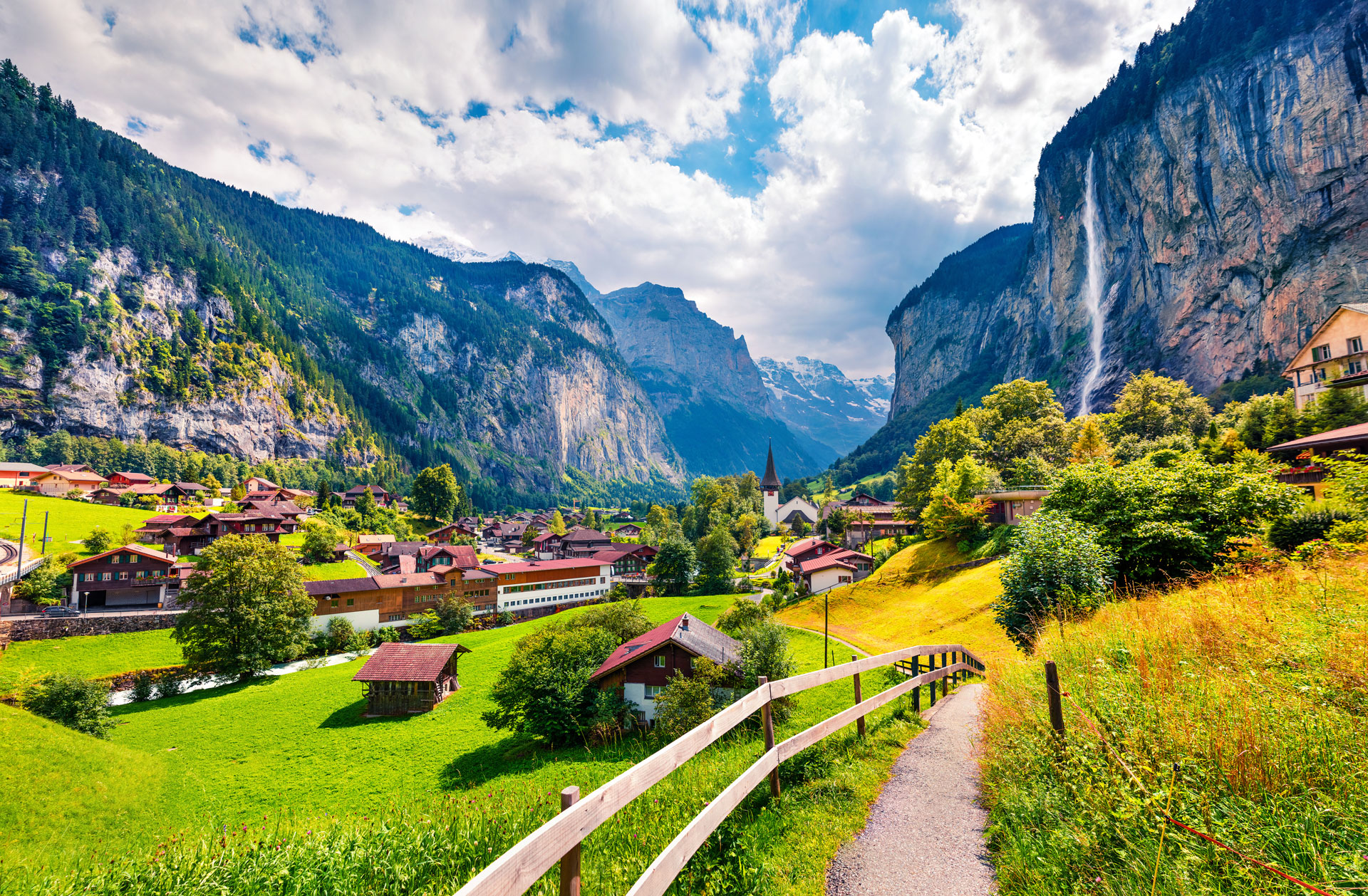
The town, with chalet-style residences and little village churches, is beautiful in itself. Moreover, it’s the natural surroundings that really stand out. The towering rock faces, mountain summits, flowery meadows, and some of Europe’s highest free-flowing waterfalls.
Bibury, England
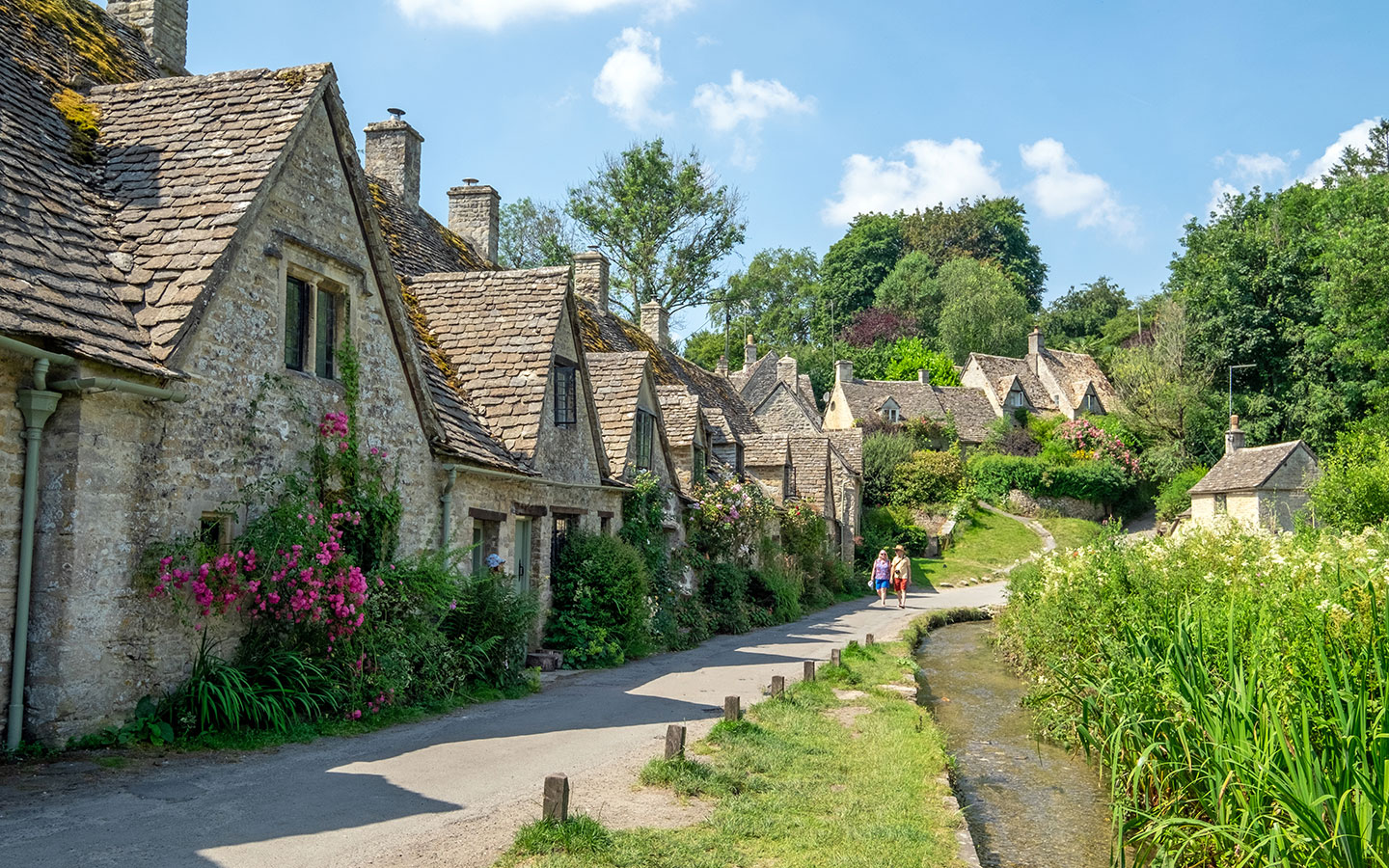
Bibury, one of the most picturesque settlements, is surrounded by green meadows and mediaeval stone cottages with steeply pitched roofs. The River Coln, which runs through the village, is the most picturesque spot.
Hallstatt, Austria
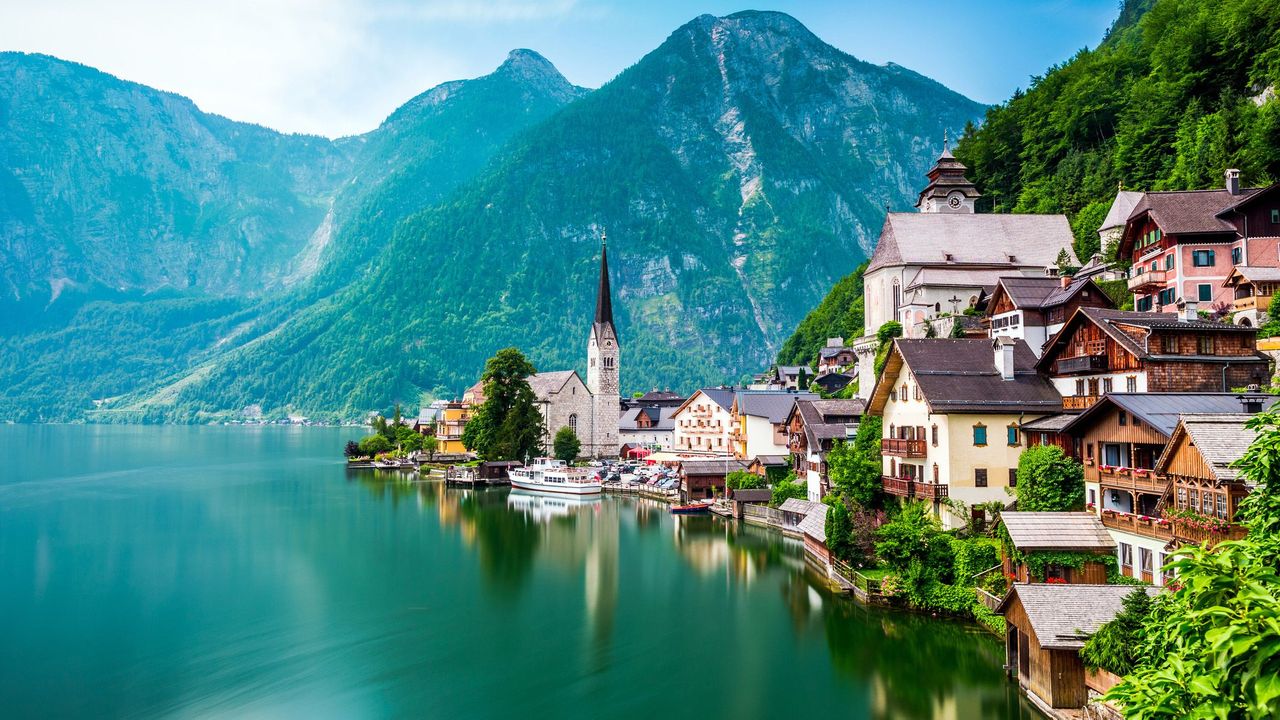
Hallstatt, one of Europe’s oldest continuously inhabited villages, is a picturesque village nestled in the Austrian Alps. The village’s scenic lakefront and old Austrian structures are well-known. Winter sports enthusiasts will enjoy it because it also has some of the best skiing and snowboarding in the area.
Giethoorn, Netherlands

Giethoorn offers a respite from city life and tranquilly to those who want to simply relax. Instead of roads, the car-free Dutch community has long canals, so boats are the primary form of mobility. Thatched-roof farmhouses and cottages adorned with flowering gardens are also a major attraction in the village. Wooden bridges that connect each grassy area are a one-of-a kind feature. During winters, one can also skate on the canal surface.













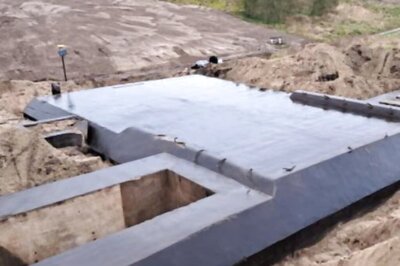






Comments
0 comment